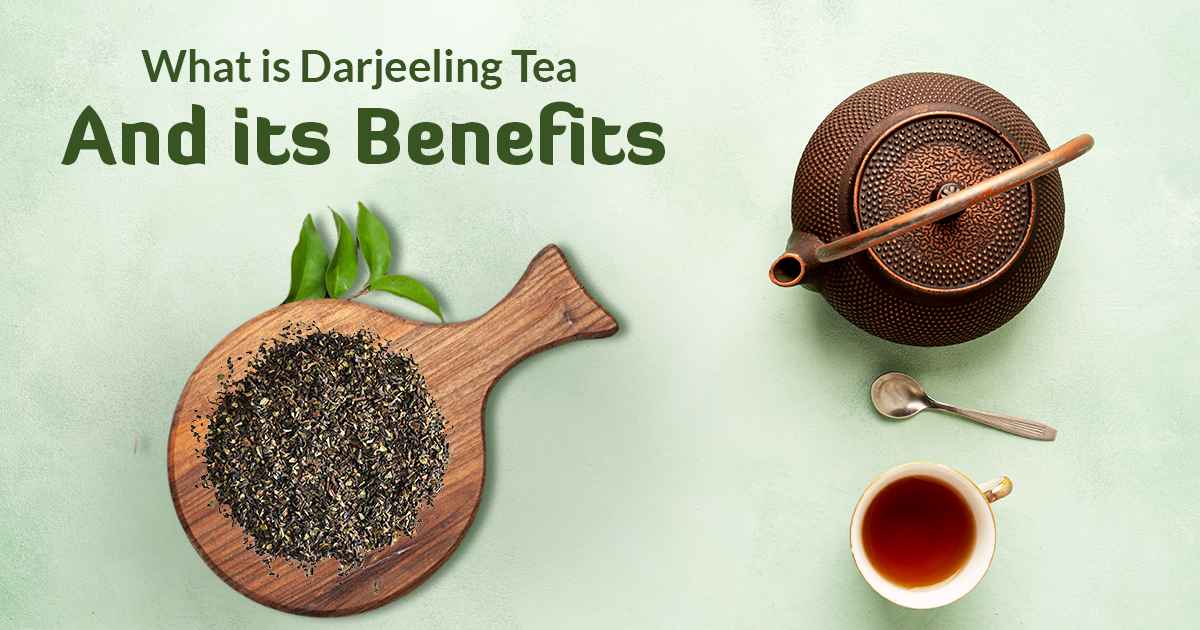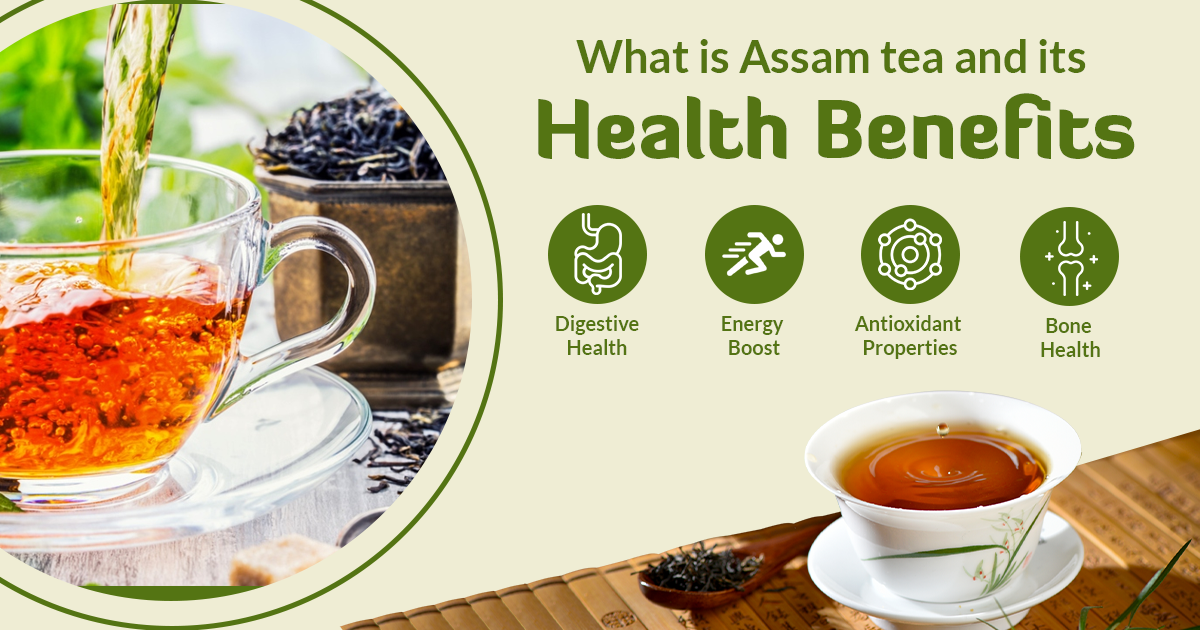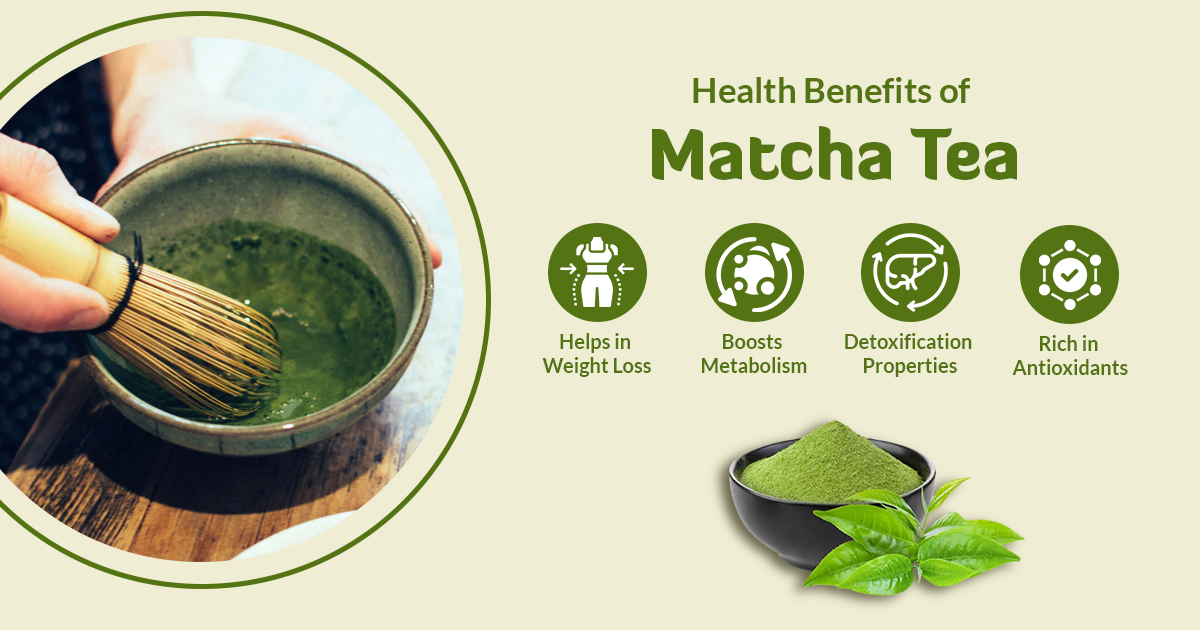Darjeeling tea, often referred to as the "champagne of teas," is a type of black tea that is highly prized for its unique flavor, aroma, and quality. It is produced in the Darjeeling district of West Bengal, India, and is known for its fruity notes, golden or bronze color, and delicate taste. In this comprehensive guide, we will explore what makes Darjeeling tea so special, its health benefits, and how to brew the perfect cup.
Table of Contents
- Introduction to Darjeeling Tea
- The Origin and Production of Darjeeling Tea
- The Distinctive Characteristics of Darjeeling Tea
- Health Benefits of Darjeeling Tea
- Boosting Heart Health with Darjeeling Tea
- Fighting Cancer with Darjeeling Tea
- Managing Blood Sugar Levels with Darjeeling Tea
- Promoting Gut Health with Darjeeling Tea
- Preventing Cavities and Promoting Dental Health
- Caffeine Content and Moderation
- Brewing the Perfect Cup of Darjeeling Tea
- Conclusion
1. Introduction to Darjeeling Tea
Darjeeling tea, cultivated and crafted in the Darjeeling district of West Bengal, India, is a distinctive variety of black tea. It is made from the leaves of the Camellia sinensis plant, which is also used to produce other types of teas such as green, white, and oolong tea. What sets Darjeeling tea apart is its unique flavor profile, which is often described as fruity, floral, and less bitter compared to other black teas. This distinctive taste has earned it the nickname "the champagne of teas.
2. The Origin and Production of Darjeeling Tea
The production of Darjeeling tea can be traced back to the mid-19th century when the first tea gardens were established in the Darjeeling region. The tea plants were brought from China and adapted to the local growing conditions, resulting in a tea with distinct characteristics. Today, Darjeeling tea is grown in over 90 tea gardens in the Darjeeling district, each producing its unique flavor profiles.
The cultivation of Darjeeling tea requires specific environmental conditions. The region's high elevation, cool temperatures, and misty climate create an ideal environment for the tea plants to thrive. The leaves are hand-plucked by skilled workers, usually women, who carefully select the young and tender leaves for processing. The leaves undergo a meticulous process of withering, rolling, oxidation, and drying to bring out their unique flavors and aromas.
3. The Distinctive Characteristics of Darjeeling Tea
Darjeeling tea is known for its distinct flavor, aroma, and appearance. The tea leaves range in color from golden to bronze, depending on the brewing method and oxidation level. When brewed, it has a delicate and smooth taste with subtle fruity and floral notes. The flavor can vary depending on the time of year and the specific tea garden where it is produced.
One of the factors that contribute to the unique taste of Darjeeling tea is the insect infestation that occurs during the growing season. Attacks by insects such as jassids and thrips stimulate the plant to produce compounds that give the tea its characteristic flavors and aromas. This natural interaction between the tea plant and the environment contributes to the complexity and richness of Darjeeling tea.
4. Health Benefits of Darjeeling Tea
Darjeeling tea offers a range of health benefits, thanks to its rich composition of antioxidants, polyphenols, and other bioactive compounds. Let's explore some of the potential health benefits of drinking Darjeeling tea.
Boosting Heart Health with Darjeeling Tea
Studies have shown that the antioxidants present in Darjeeling tea, such as flavonoids, can help lower cholesterol levels and reduce the risk of heart disease. These compounds have been found to have anti-inflammatory and anti-thrombotic properties, which can improve cardiovascular health. Regular consumption of Darjeeling tea as part of a balanced diet may contribute to a healthy heart.
Fighting Cancer with Darjeeling Tea
The polyphenols found in Darjeeling tea, including theaflavins and thearubigins, have been shown to have potential anti-cancer properties. These compounds act as antioxidants, neutralizing harmful free radicals and protecting cells from DNA damage. Some studies have suggested that Darjeeling tea may help inhibit the growth of cancer cells and reduce the risk of certain types of cancer.
Managing Blood Sugar Levels with Darjeeling Tea
Research has indicated that Darjeeling tea may have beneficial effects on blood sugar control. The polyphenols in the tea have been found to improve insulin sensitivity and regulate glucose metabolism. Regular consumption of Darjeeling tea, along with a healthy diet and lifestyle, may help individuals with diabetes manage their blood sugar levels effectively.
Promoting Gut Health with Darjeeling Tea
The polyphenols in Darjeeling tea have also been shown to have prebiotic effects, promoting the growth of beneficial bacteria in the gut. Maintaining a thriving gut microbiome is crucial for ensuring effective digestion, absorbing nutrients, and promoting optimal gut well-being. Including Darjeeling tea in your daily routine may contribute to a balanced and thriving gut microbiota.
Preventing Cavities and Promoting Dental Health
Some compounds present in Darjeeling tea have antibacterial properties, which can help inhibit the growth of harmful bacteria in the mouth and prevent cavities. Additionally, the fluoride content in Darjeeling tea can strengthen tooth enamel and protect against tooth decay. Enjoying a cup of Darjeeling tea can contribute to better oral health and fresher breath.
5. Caffeine Content and Moderation
Darjeeling tea contains caffeine, although in lower amounts compared to coffee. The caffeine content can vary depending on the brewing time and the specific tea leaves used. While caffeine can provide a temporary energy boost and improve focus, it is important to consume Darjeeling tea in moderation to avoid potential side effects such as anxiety, restlessness, and sleep disturbances. It is recommended to limit caffeine intake to one or two cups of Darjeeling tea per day.
6. Brewing the Perfect Cup of Darjeeling Tea
Brewing Darjeeling tea is a simple process that can be customized to suit your taste preferences. Here's a step-by-step guide to brewing the perfect cup of Darjeeling tea:
- Boil water and let it cool for a few minutes to around 195°F (90°C).
- Place one teaspoon of Darjeeling tea leaves in a tea infuser or tea bag.
- Infuse the tea leaves in hot water, letting them mingle and steep for a delightful 3 to 5 minutes.
- Make your tea stronger or milder by adjusting how long you let it steep.
- Remove the tea infuser or tea bag and enjoy your cup of Darjeeling tea.
- You can add honey, lemon, or milk if desired, although Darjeeling tea is often enjoyed plain to fully appreciate its unique flavors.
7. Conclusion
Darjeeling tea is a beloved and highly regarded beverage known for its distinct flavor, aroma, and health benefits. With its unique growing conditions and meticulous production process, Darjeeling tea offers a delightful sensory experience and a range of potential health advantages. From boosting heart health to fighting cancer and promoting gut health, Darjeeling tea can be a wonderful addition to a balanced and healthy lifestyle. So, why not indulge in a cup of Darjeeling tea and savor its exquisite taste and potential health benefits?
Remember to enjoy Darjeeling tea in moderation, and experiment with different brewing methods and flavor combinations to find your perfect cup. Cheers to the joy of Darjeeling tea!




